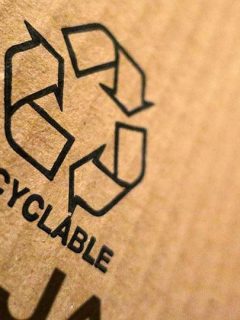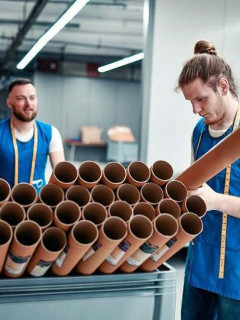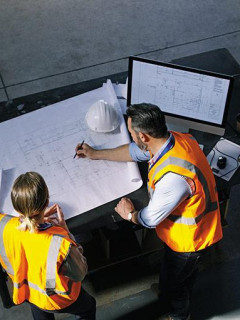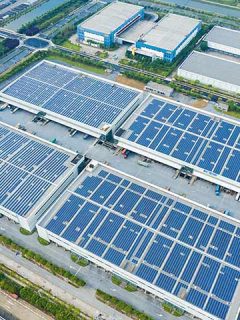glasses or goggles can protect your eyes from UV rays, flying particles and even chemicals.There are safety glasses in different shapes, with different types of temples and lenses.Don’t know how to choose? We’ve got you covered! We’ve put together the 7 most frequently asked questions about safety glasses for you.You won’t be able to go wrong again.
1. Why wear safety glasses?
Safety glasses protect your eyes from three types of hazards- Mechanical hazards: dust, blows, punctures or foreign objects such as splinters and chips.
- Chemical hazards: solid or gaseous substances, splashes, droplets and vapours
- Radiation hazards: UV radiation, welding light, laser beams, infrared radiation and thermal radiation.
2. What type of safety glasses do I need?
Depending on the job you are doing, there are three types to choose from: standard safety glasses, over-glasses and large vision glasses. The latter are also known as goggles and offer you the highest level of protection.
Standard glasses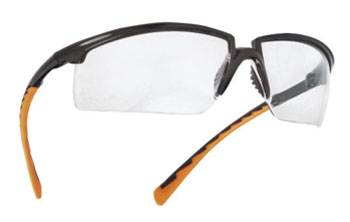 |
Overglasses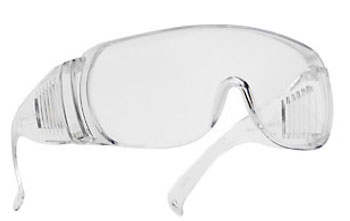 |
Wide-view goggles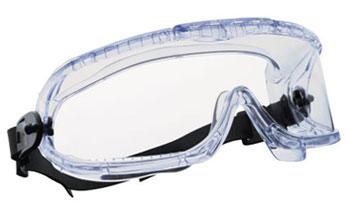 |
| Light work | Light duty | Medium or heavy work |
| Protects against mechanical and radiation hazards (not harmful to the skin) | Protects against mechanical and radiation hazards (not harmful to the skin) | Protects against chemicals, acid gases, solvents and other hazardous substances |
| Do not hug the face, choose side protection to better protect your eyes | Worn over prescription glasses | Fits snugly around your face. With an elastic band that goes around your head |
3. What material are safety glasses made of?
The most important part of your glasses is undoubtedly the lenses. These lenses are usually made of polycarbonate (40 x stronger than glass), acetate or glass. Each of these materials has its own advantages and disadvantages.
| Polycarbonate | Acetate | Glass | |
| Weight | Light | Light | Heavy |
| Anti-scratch | Low | Medium | Good |
| Chemical resistance | Medium | Good | Very good |
| Impact resistance | Very good | Good | Average |
| Thermal resistance | Good | Average | Very good |
4. What are the requirements for safety glasses?
EN 166 sets out all the basic requirements that safety glasses must meet by law.According to this standard, they must, for example, be optically neutral: they must not cause fatigue or headaches.Most importantly, they must offer good resistance to general hazards, mechanical risks and impacts or collisions.In addition, there are a number of additional safety standards, including these
- EN 169: filters for welding and related techniques.
- EN 170: UV filters.
- EN 171: infrared filters.
- EN 172: sun filters for industrial use.
both the lenses and the frame have a registration number. These numbers give you a lot of information about the precise use of the glasses. Below is a detailed overview. In blue we have indicated the frame, in red the lenses.
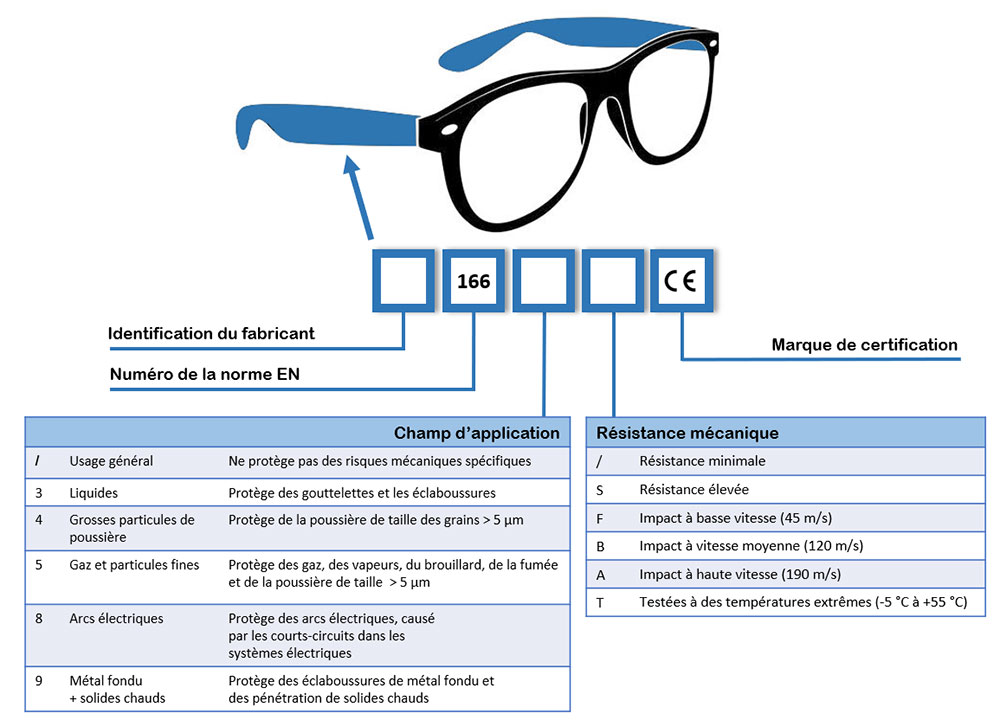
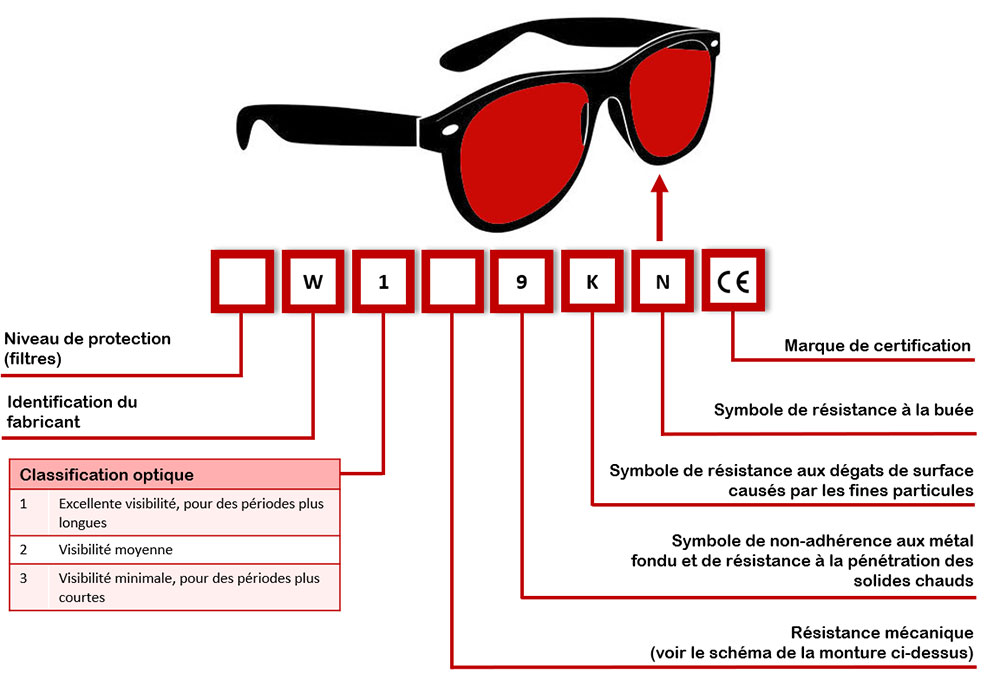
5. Which coating for my lenses?
Glasses are usually coated with a special layer, a coating, and depending on the job you’re doing, this can be handy – even essential
- Anti-condensation: these lenses do not fog up, whatever the working or weather conditions. Practical and safe. Take a look at our Pacaya and V-Maxx anti-condensation glasses here.
- Anti-scratch: these lenses are more resistant to scratches, ideal for those who often leave their glasses lying around (for example, in a toolbox).
- Anti-UV: Too much UV light can increase the risk of retinal diseases, so choose lenses with a good UV filter. All RAJA glasses already meet this requirement.

6. What colour should my lenses be?
Safety glasses can be bought with different coloured lenses, who thinks it was just for a fancy look is wrong… Again, it all depends on the job you are doing
- Clear lenses : These are suitable for general work and give a natural-coloured image
- Yellow/orange lenses: offer increased contrast and better protection against UV and blue light.
- Smoked lenses: offer better protection against the sun and intense glare. This gives you less irritation and less eye strain. Ideal for those who, for example, work outside in the sun.
7. What safety glasses should I wear to protect myself from corona?
Like most viruses, the COVID-19 virus thrives best in a moist, warm environment. Our eyes are a high-risk area, so wearing safety glasses is strongly recommended in a number of situations. However, remember to wash your hands thoroughly before putting on your glasses
- In case of social contact < 1.5 metres: e.g. for hairdressers, beauticians, cashiers, etc. In these professions, the rule of keeping a distance of 1.5 metres can often not be respected. A protective visor or ” face shield” is then a welcome solution. Such a visor surrounds your whole face without obstructing your view
- In case of direct physical contact: e.g. for nurses. Wear glasses that completely cover the eyes. It is best to opt for large glasses or “goggles“.
su_spacer]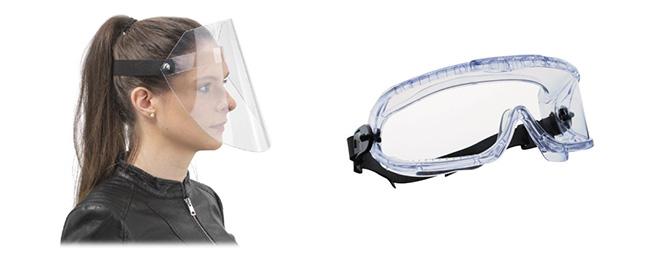
Delta Plus Pacaya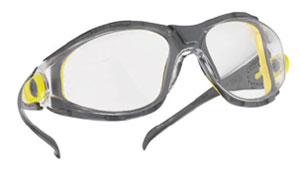 |
Honeywell A800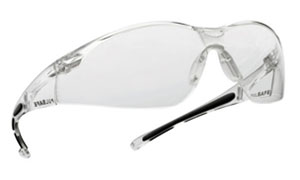 |
Honeywell Op-tema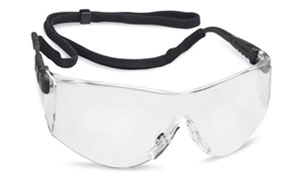 |
| With foam protectors for increased comfort in case of impact | The most economical. With extra long side protection. | With lightweight, full-view single lens. With lanyard so you never lose them. |
| Anti-scratch / Anti-UV Anti-condensation | Anti-scratch / Anti-UV | Anti-scratch / Anti-UV |











